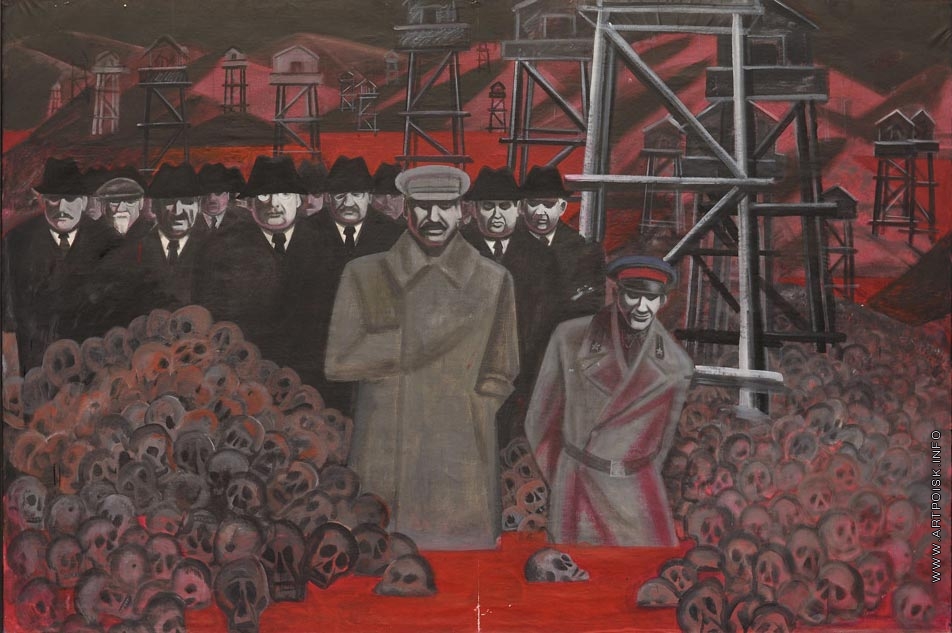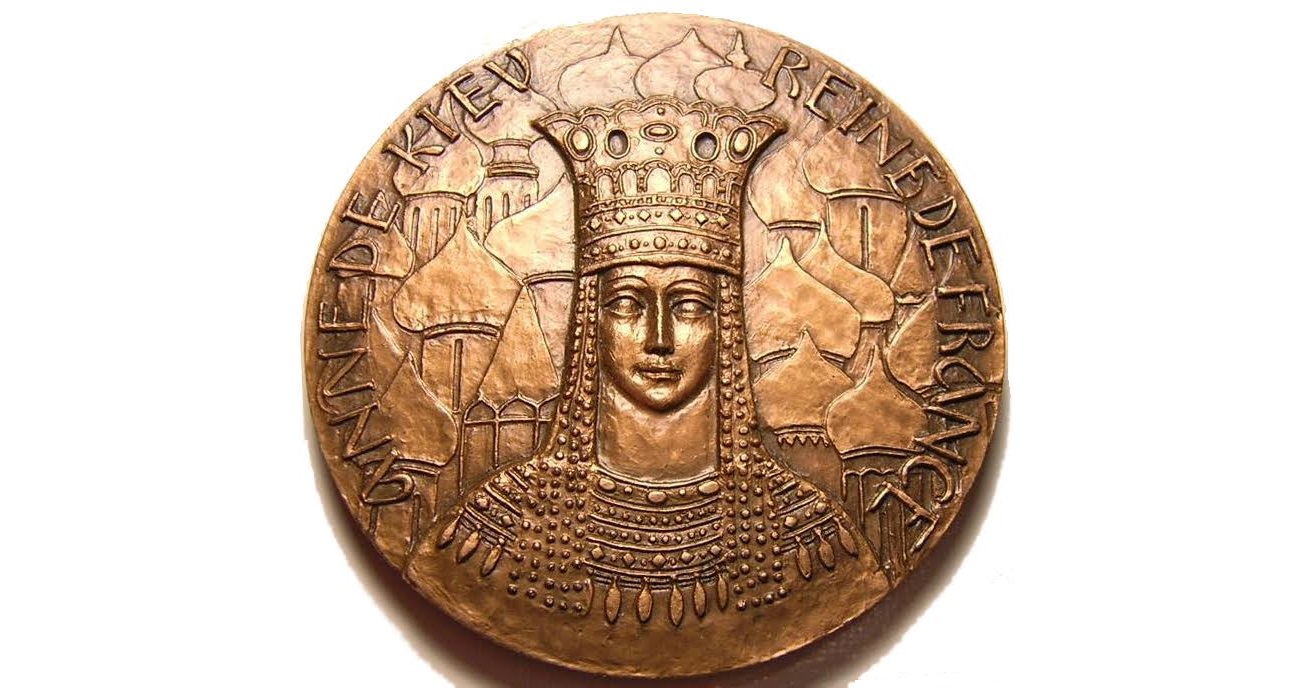Indeed, Viktoriya Nikiforova says, Russians should not accept the widespread myths about Stalin’s camps that have been spread about by Russophobes inside Russia and abroad but rather consider the conditions inside and outside the camps at the time (see ria.ru and newizv.ru).
“The initiative of the Federal Penal System to use the labor of incarcerated citizens at construction sides has elicited a predictable outpouring of hatred from the side of ‘democratic society.’ This in their view will be a new GULAG or even worse.” Before accepting that description, Russians should examine the facts about the camps in Stalin’s time.
“The ‘Archipelago,’ in spite of the myths we have been given was broad and varied,” Nikiforova says. “There were camps with openly horrific conditions but there were also those with as it was called ‘model’ arrangements” given the time and place in which they were operational.
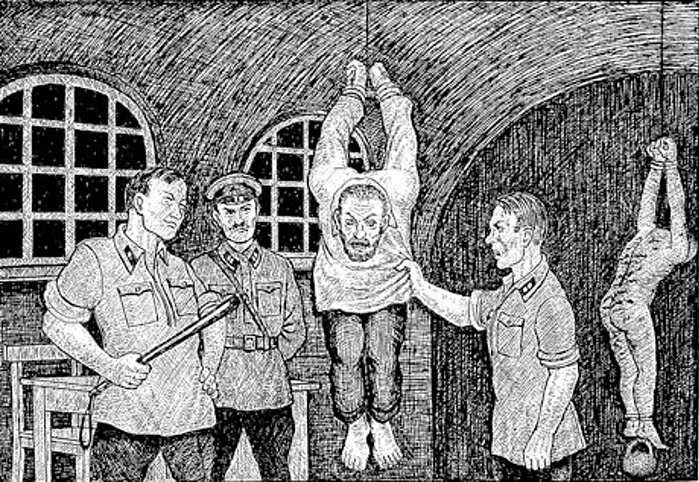
“One must not forget the general level of life in Soviet Russia after the Civil War. For intellectuals in the capital, for former merchants, and for kulaks, camp conditions we re often a nightmare. But for the poor peasant, for the urban lumpen and for homeless children, people who literally had starved their whole lives, the labor camp offered three meals a day, warm housing, and some medical help.”
Indeed, the state news agency journalist says, “this was a more or less normal life in comparison with the most difficult circumstances which the poor at that time experienced. An important part of this was labor activity.” It provides inmates with training that allowed them in the future to rise economically. The camps thus were “a social lift.”
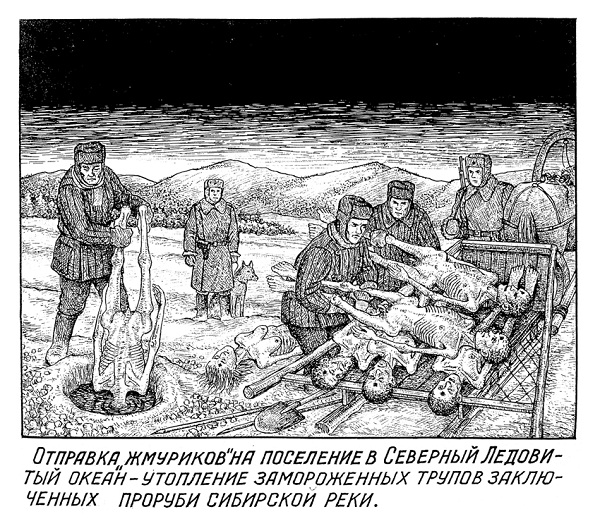
And she continues, “the main means of successful socialization after the term of punishment became the workers’ specialization. This was a real ‘pathway in life.’ It allowed the former criminal element to join the ranks of law-abiding citizens.” Yes, there were excesses but as a rule, “the country had to be concerned about its citizens.”
At the very least, Nikiforova says, the Soviet system was better than the racially based arrangements in the United States. “In no case” should Russians want to copy what the Americans are doing in their penal system. But to no one’s surprise, many Russians who are better informed than Nikiforova are outraged by her remarks.
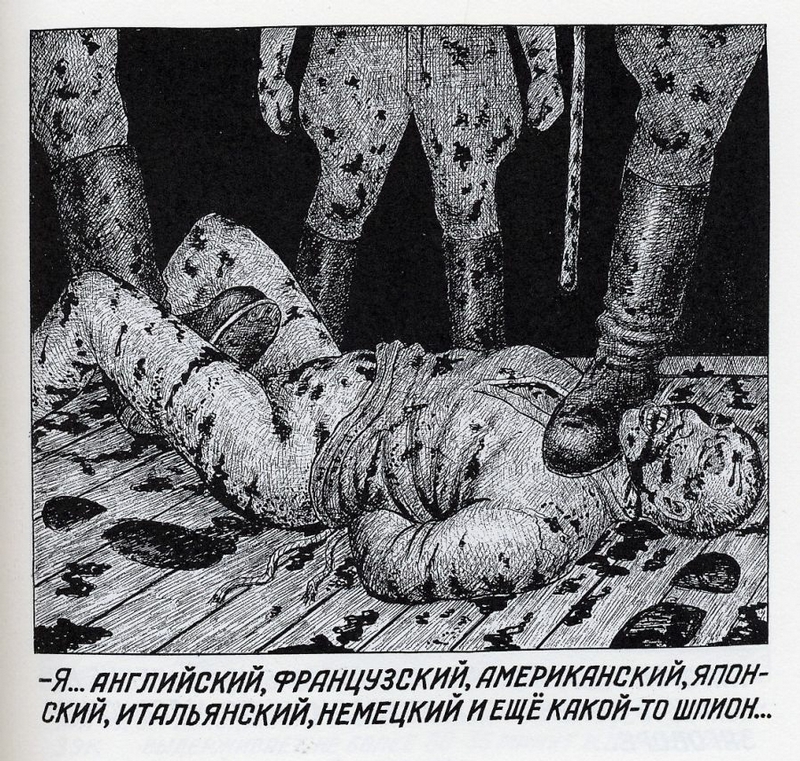
Publicist Nikolay Podosokorsky says that he isn’t shocked because not long ago, Mariya Butina of the Social Chamber compared the prison where Russian opposition figure Alexei Navalny is confined to a Pioneer children camp. Nikiforova’s words are simply the logical next step in that chain.
Journalist Kirill Shulika isn’t surprised either. What the Novosti writer is saying now reflects what many in the Russian political elite think. And it is very likely, the journalist says, that they will soon be saying what she has said as if it were a truth that must not be questioned.
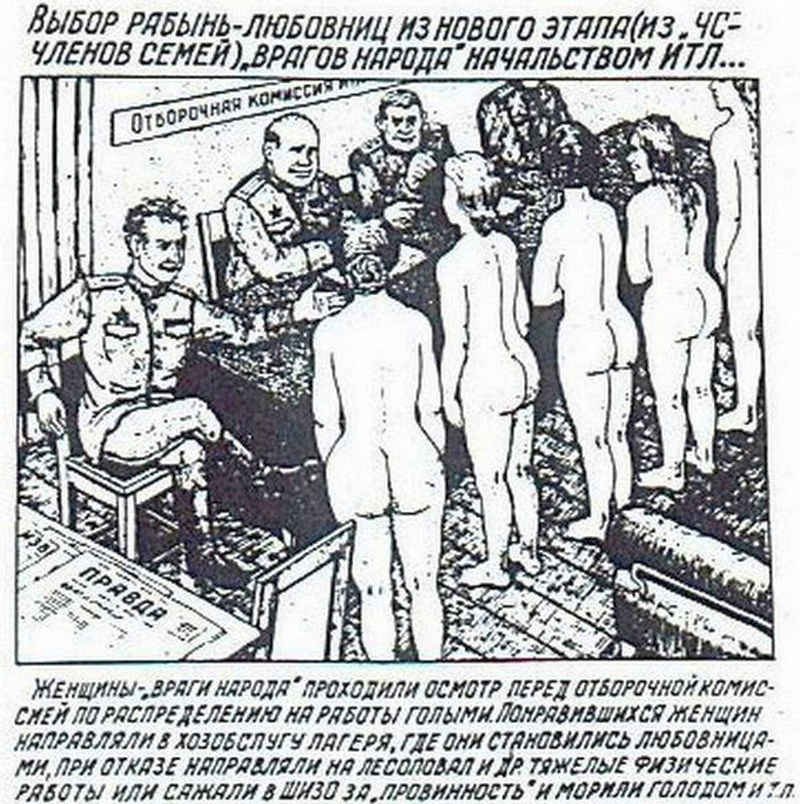
Scholar Vera Afanasyeva says that what is especially worrisome is that NIkiforova’s words not only are going to be realized but suggest the direction in which the Putin regime is headed, toward the restoration of the GULAG system with all the real horrors it featured.
But Abbas Gallyamov, a former Putin speechwriter, argues that the Nikiforova text is a sign of something else, the continuing degradation of the Putin regime. Its leaders should have chosen someone more professional to make this argument especially in the run-up to the Duma elections.
Read More:
- Putin restores the GULAG by legalizing slave labor of convicts
- The story of Father Ivan Kypriyan and his children who froze to death in a soviet gulag
- They broke the GULAG: How Ukrainians overcame the Soviet repressive machine
- GULAG was not something far away in Siberia: it was all around, even in Moscow
- A new GULAG is emerging just as Stalin’s did slowly and insidiously, Gudkov warns
- The Kremlin and the GULAG: Deliberate amnesia
- Moscow secretly destroyed GULAG victims records in 2014
- Gandalf’s case: Russia prosecutes man literally digging up its darkest GULAG secrets
- Russia’s penal reforms point to return of ‘renewed’ GULAG, Novaya Gazeta says
- ‘Putin’s GULAG more horrible than Stalin’s,’ researchers say




